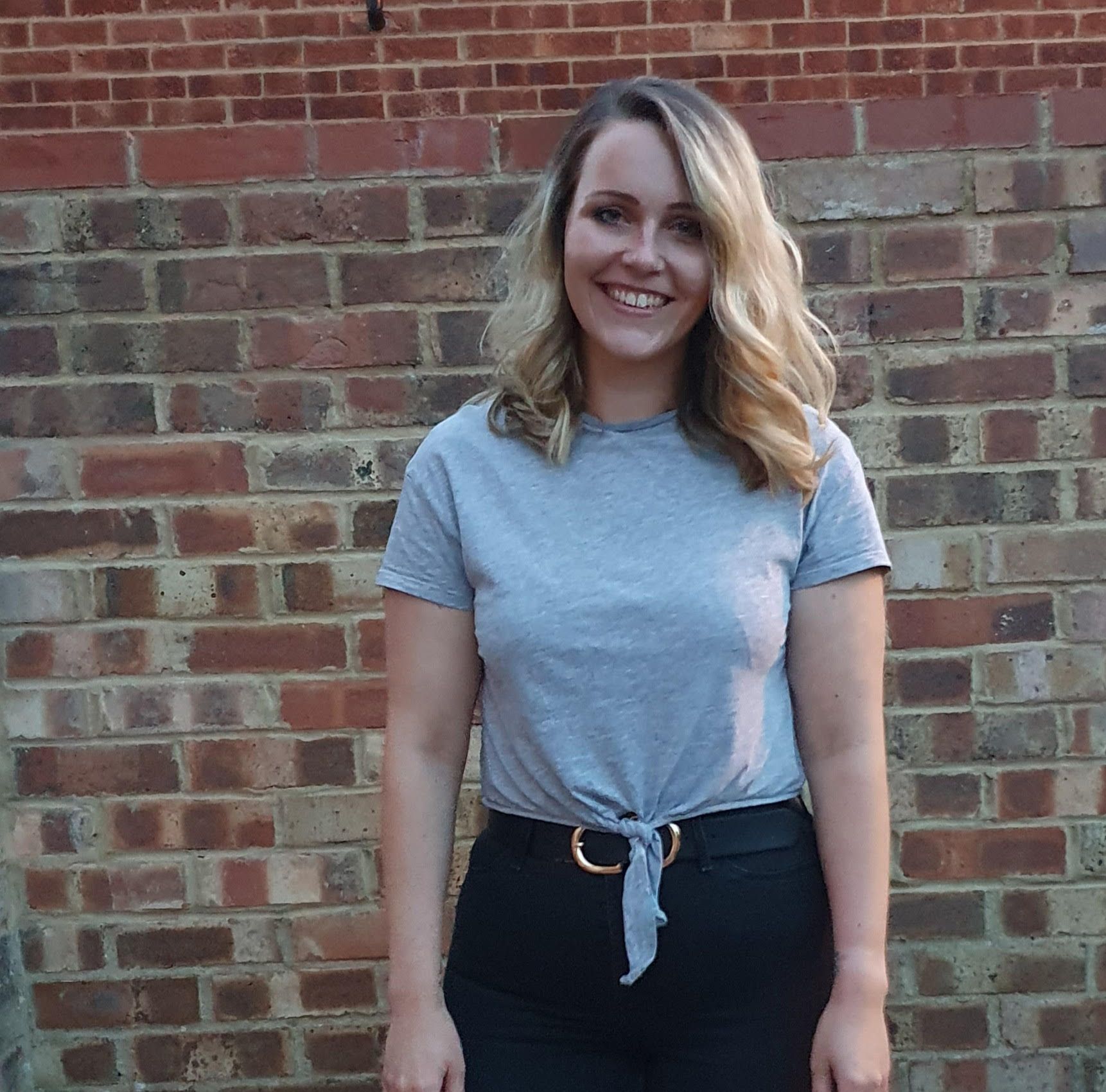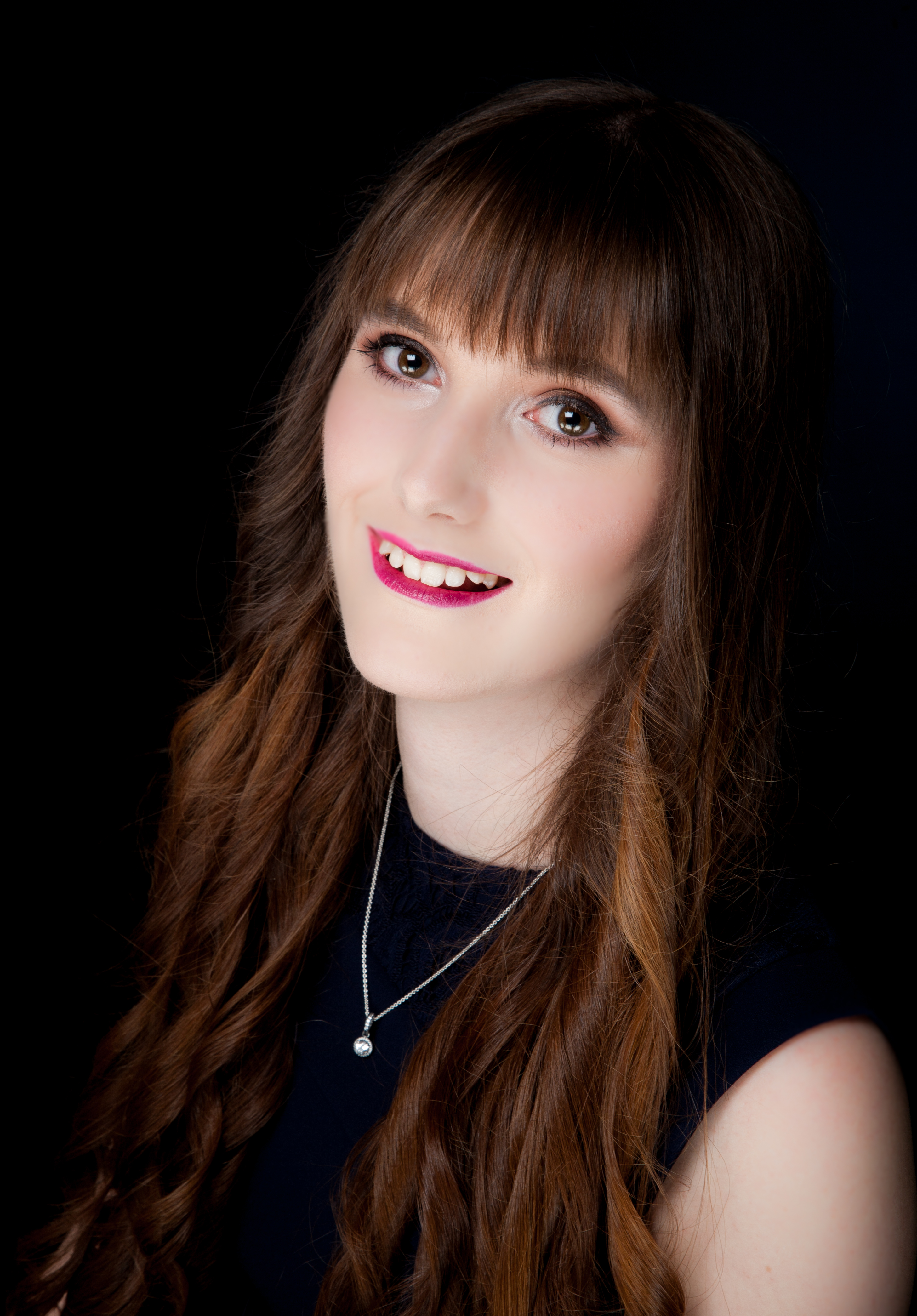By Kathryn Pierce
There are plenty of things we all won’t miss about lockdown and will struggle with in finding our new COVID19 life, but in between the physical, mental and economic suffering of the last six months, it’s important to celebrate the fact that this time has also provided some unexpected gifts and insights.
One of the most profound changes brought about by COVID19, is that mainstream working practices have had to quickly adapt, in ways which have ended up being profoundly inclusive, by accident rather than design. There have been so many articles about a sense of loss and disconnection through less face-to-face interaction, but perhaps what hasn’t fully been acknowledged is the freedom that some of us have experienced under lockdown, freedom from many of rules of the workplace.
After many years of a mental health misdiagnosis, at age 47, I was finally diagnosed last year with atypical autism and ADHD; and there are many women like me, who have grown up with issues around anxiety and struggles with understanding social norms without fully knowing why. From a personal perspective, amid the initial flash of COVID19 fear and worry that we all had back in March, what soon became apparent in lockdown was my relief from the usual stresses of everyday physical environments and having to mask and manage sensory experiences on an everyday basis. As a result, the positive impact on my overall health and wellbeing has been astonishing.
So, what has changed (besides everything)? Being able to navigate quiet spaces and work efficiently, with less distraction and more focus. Low/no physical contact with people, places and spaces has made anxiety and sensory management infinitely easier. Wearing less formal clothes (so many coded messages, don’t get me started) and participating in meetings using connecting platforms such as Zoom and Microsoft Teams using explicit cues (muting/unmuting/virtual hand raising etc) has created a far more level playing field for everyone. For once, I have felt ordinary rather than extraordinary, and as a result I feel less odd being more open about my usual working practices, as these are currently running in the mainstream.
There is one fallout from the effects of COVID19 on working practices that I really would like to celebrate though and that’s the end of the handshake - a universal and powerful gesture in business, which usually has a lot riding on it, and when it goes wrong, it goes very wrong. The handshake seals deals, forms teams, displays power and reveals inequality. It’s also inescapable. Until now.
I don’t think we should ever shake hands ever again, to be honest with you,” said Dr. Anthony Fauci [Head of the White House Coronavirus Task Force] in an April interview with the Wall Street Journal podcast.
Well I for one am taking Dr Fauci’s advice, on this subject at least.
I believe there is a misconception about shaking hands in that it is believed to reveal how somebody is really feeling in that moment. Now while that might be true, what it doesn’t convey is the source of those feelings and the fact they might have nothing whatsoever to do with that moment in time, nor the person’s confidence, competence, intelligence, integrity, professionalism or ability. The dreaded cold and clammy handshake will suggest anxiety, for which there are many reasons, while it might actually be for a health-related reason. For me, it is a heightened experience from either sensory overload and/or extreme reaction to a physical environment compounded by pressures of fixed expectations of behaviour, gesture and language. It means I’m running on empty and using all my reserves to make sure I get things right, none of which is the business of the person offering you their hand.
And that’s the thing, it’s a privacy thing. Nobody should automatically have access to your personal world and what you might be having to deal with at that moment. A crucial part of masking problems (or social camouflaging as many autistic women will know) is all about feeling safe, understood and in control of our own experience. For me, a handshake is an invasion of my free choice, quite the opposite of the meaningful connection it’s meant to be.
Going Contactless
So now COVID19 has made sure that for the short term at least, we are all going to be hands off, for a justifiable and no-explanation-necessary reason, so what can we do instead? How will we break the tension and make the connection that’s expected of us? How will we avoid causing unintentional offence?
For a laugh, check out what Forbes suggest are the 15 ways to deal with the handshake situation – though the “Wink and Gun” sounds distinctly dodgy to me, I am tempted by the shimmy. What about you?
Personally, I’m quite liking the learning from Emerati women, who do not shake hands, and who instead choose to use a right hand on the chest gesture, and I can happily report that it’s working well so far.
So as the world begins to open up again, and we begin the slow progress to a return to work, I hope now the home-working option will be taken seriously by major organisations – and it certainly appears to be doing so if Twitter and Google are anything to go by.
And amongst the disruption and suffering of COVID19, new norms are being designed and revealed, and talked about in a way which communicates loss and grief. We’ll lose our connection with people, we’ll lose that sense of camaraderie without a hearty handshake, you may say. That’s as maybe, but it’s still worth remembering that this ancient gesture is also a cause of harm for some of us; and it’s not our loss at all, in fact it’s a sweet relief to be fully hands-off in a hands-on world.
Useful links:
The History of the Handshake: https://www.bbc.com/news/world-us-canada-52506079
More thoughts from BBC Worklife: https://www.bbc.com/worklife/article/20200413-coronavirus-will-covid-19-end-the-handshake
About the Author:

As well as her work as an Inclusion Consultant and Study Skills Tutor, Kathryn is also Founder/Director of “Somewhere” a new Scotland-based LGBTQ+ social enterprise which is soon to launch “Somewhere: For Us” a brand new LGBTQ+ culture and enterprise magazine for Scotland.
Support and subscribe here: https://www.buymeacoffee.com/SomewhereForUs
https://www.linkedin.com/in/kathryn-pierce/
If you have an experience or views that you would like to share, then please get in touch



